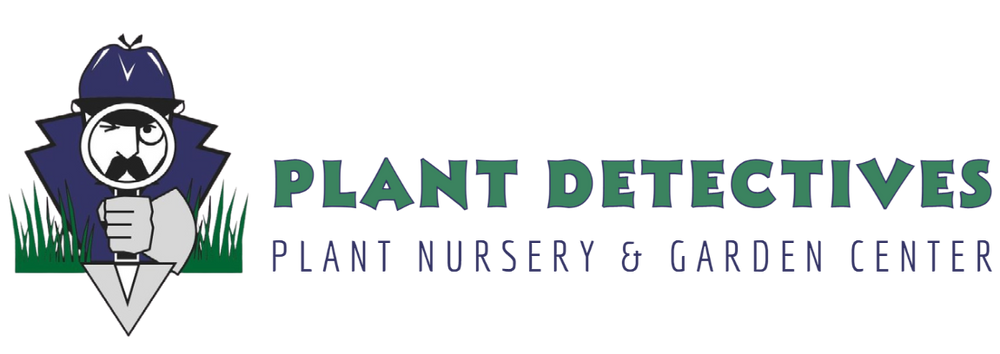
Creating a Native Plant Garden in NJ

Why Choose Native Plants?
Native plants are the backbone of New Jersey’s natural ecosystems. They provide essential habitat and food sources for local wildlife, including birds, bees, and butterflies. Additionally, native plants are better adapted to the local soil, weather, and pest conditions, reducing the need for fertilizers, pesticides, and excessive watering.

Planning Your Native Plant Garden
Before you start planting, it’s essential to plan your garden. Consider the following:
- Soil Type: Determine whether your soil is sandy, loamy, or clay-based. Most native plants are adapted to specific soil types.
- Sunlight: Assess the amount of sunlight your garden receives. Some native plants thrive in full sun, while others prefer shade.
- Water Availability: Consider how much water your garden will receive. Native plants are generally drought-tolerant, but some may need more moisture.

Top Native Plants for New Jersey Gardens
Here are some of the best native plants to consider for your garden:
Eastern Red Columbine (Aquilegia canadensis)
- Benefits: Attracts hummingbirds, blooms in spring.
- Care Tips: Prefers partial shade, well-drained soil.
Black-Eyed Susan (Rudbeckia hirta)
- Benefits: Bright yellow flowers, attracts pollinators.
- Care Tips: Thrives in full sun, drought-tolerant.
New England Aster (Symphyotrichum novae-angliae)
- Benefits: Late-season blooms, attracts butterflies.
- Care Tips: Prefers full sun, moist soil.
Wild Bergamot (Monarda fistulosa)
- Benefits: Aromatic leaves, attracts bees and butterflies.
- Care Tips: Grows well in full sun to partial shade, tolerates dry soil.
Northern Bayberry (Myrica pensylvanica)
- Benefits: Semi-evergreen, provides food for birds.
- Care Tips: Tolerates poor soil, salt-tolerant.
Switchgrass (Panicum virgatum)
- Benefits: Ornamental grass, provides winter interest.
- Care Tips: Thrives in full sun, adaptable to various soils.
Joe-Pye Weed (Eutrochium purpureum)
- Benefits: Tall, late-summer blooms, attracts pollinators.
- Care Tips: Prefers moist soil, full sun to partial shade.
Mountain Laurel (Kalmia latifolia)
- Benefits: Evergreen shrub, beautiful flowers.
- Care Tips: Prefers acidic, well-drained soil, partial shade.
Serviceberry (Amelanchier canadensis)
- Benefits: Multi-season interest, edible berries.
- Care Tips: Thrives in full sun to partial shade, adaptable to various soils.
Butterfly Weed (Asclepias tuberosa)
- Benefits: Bright orange flowers, host plant for monarch butterflies.
- Care Tips: Prefers full sun, well-drained soil.

Planting and Care Tips
Planting: Fall or early spring is the best time to plant native plants. Ensure proper spacing to allow for growth and air circulation.
Mulching: Apply a layer of mulch to help retain moisture and suppress weeds.
Watering: While native plants are generally drought-tolerant, they will need regular watering until established.
Conclusion
Creating a native plant garden in New Jersey is a rewarding way to enhance your landscape while supporting local ecosystems. By choosing plants that are adapted to the local environment, you can enjoy a beautiful, low-maintenance garden that thrives year after year. Visit Plant Detectives to find the perfect native plants for your garden and get expert advice on creating a landscape that’s not only visually stunning but also environmentally friendly. Whether you're a seasoned gardener or just starting out, embracing native plants is a step towards a healthier, more sustainable garden.
